
One of my favorite pastimes is sitting and trying to imagine what technology will be like in 20 years.
Of course, it’s almost impossible to do that.
For example, 20 years ago I would never have predicted that in 2013 many of us would be carrying around a thin, lightweight tablet computer that we would interact with by touching, and that would keep us constantly connected to the Internet and the world.
Nor could have I predicted that powerful, lightweight laptop computers would drop below $300 in price.
Or that a majority of my movie watching would be done using an Internet-connected television set.
And the list goes on.
Still, it’s a fun exercise to do… and a lot easier if you just try looking ahead for the next year (versus 20 years).
So let me share with you my brainstorming of a few things I see coming in 2014…
- More and more software companies will embrace providing their software via Internet downloads and yearly subscriptions. Adobe and Microsoft both embraced this new way to deliver software last year, and more companies will do the same thing in 2014.
New (old) technologies such as fingerprint and facial recognition will start replacing the use of passwords and pin numbers as the way that online services (such as your bank) identify you. Passwords will star becoming a thing of the past.
- Voice recognition and voice to text, technology that’s been promised for years, will finally start becoming mainstream on our computers and mobile devices. We’ve already seen this happen to some degree with Siri on the iPhone and Google Now on Android, but it will expand to more of our interactions with our devices.
- The tablet market will expand even farther (duh!), bringing the price of quality tablets (such as iPads, Galaxy, and Nexus devices) down. And with tablets now supporting more powerful processors and better displays, we’ll reach a saturation point where faster and higher resolution really don’t matter (i.e. we’re happy with what we have), making tablet companies scramble to come out with something new that makes us want to buy.
Microsoft is going to re-think Windows 8 (or now 8.1) and backtrack, giving us back our familiar Start Menu. They might even come out with a retooled Windows 8 and call it Windows 9 by the end of the year.
- Viruses, malware, and hacker attacks will become even more prevalent, to the point where security companies like Norton and McAfee can’t keep up.
- The price of Apps will go up… or at least the price of GOOD apps will go up. Sure, there will still be a ton of free, ad-supported, in-app-purchase supported games out there, but higher quality apps that actually help you accomplish things will go up in price.
![Gordie-Star-Trek]()
- Wearable technology (glasses, watches, etc.) that is more practical will finally sneak into the market. I don’t think it will ever be a really big deal (“tiny” screens just don’t cut it with most people), but for some of our activities (especially sports-related) it might be useful.
- Online shopping will become even more prevalent, especially during the 2014 holiday season. This year, Black Friday in-store sales were down by $1.7 billion (about 3 percent), but a record 66 million shoppers purchased online during Black Friday, with total online sales for the day of about $1.2 billion (15% higher than last year). It’s just too darn easy to shop via your computer or tablet.
- PC Sales will continue to drop, but only until folks figure out that you can only do so much with a tablet or smartphone, and that you still need a PC or Mac around to do REAL work.
![3d-printer]() Internet TV will taking even a bigger bite out of cable, as more of us watch programs and movies on our tablets and phones, and as TV and cable networks put even more of their programming online for us to see.
Internet TV will taking even a bigger bite out of cable, as more of us watch programs and movies on our tablets and phones, and as TV and cable networks put even more of their programming online for us to see.
- People will finally start understanding what 3D printing is and what it can be used for, and you’ll actually see 3D printers appear in some people’s homes as the price drops below $1,000. Still, it’s going to be a few more years before it even has a chance to take off.
Finally, I wanted to mention something that Jason Hiner from ZDNet mentioned in a recent news article, that I think is fascinating (and perhaps a bit scary). He talks about a concept called “contextual computing” which Google Now (Google’s built-in search assistant that is part of their Android Operating system) brought to the forefront this past year.
 Here is what he says…
Here is what he says…
” The general idea with contextual computing is that your tech tools triangulate data about you from your various digital services, your location, and your history of usage activity. Then, it serves your information tailored to you just when you need it, or sometimes even before you know you need it. It anticipates your needs…”
In other words, your tech devices (tablets, smartphones, computers, etc.) use all the data they’ve collected from you as you’ve used them, and then provide you with additional information catered to your needs/likes/habits.
Wow… that’s too cool… and a bit scary.
Anyway, I’d love to hear what you think of all this and what your tech predictions are for the future. Be sure to leave a comment below…


 New (old) technologies such as fingerprint and facial recognition will start replacing the use of passwords and pin numbers as the way that online services (such as your bank) identify you. Passwords will star becoming a thing of the past.
New (old) technologies such as fingerprint and facial recognition will start replacing the use of passwords and pin numbers as the way that online services (such as your bank) identify you. Passwords will star becoming a thing of the past.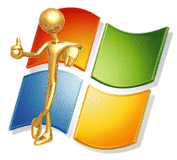 Microsoft is going to re-think Windows 8 (or now 8.1) and backtrack, giving us back our familiar Start Menu. They might even come out with a retooled Windows 8 and call it Windows 9 by the end of the year.
Microsoft is going to re-think Windows 8 (or now 8.1) and backtrack, giving us back our familiar Start Menu. They might even come out with a retooled Windows 8 and call it Windows 9 by the end of the year.
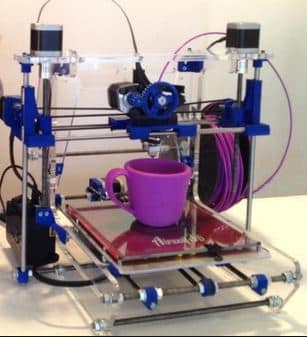 Internet TV will taking even a bigger bite out of cable, as more of us watch programs and movies on our tablets and phones, and as TV and cable networks put even more of their programming online for us to see.
Internet TV will taking even a bigger bite out of cable, as more of us watch programs and movies on our tablets and phones, and as TV and cable networks put even more of their programming online for us to see.
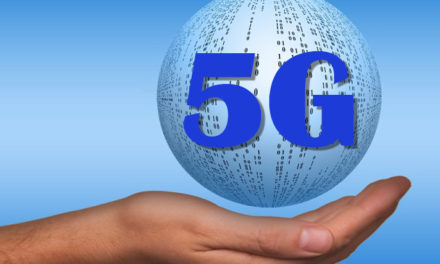
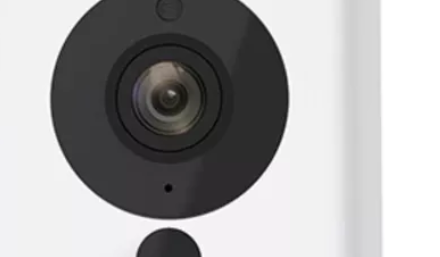




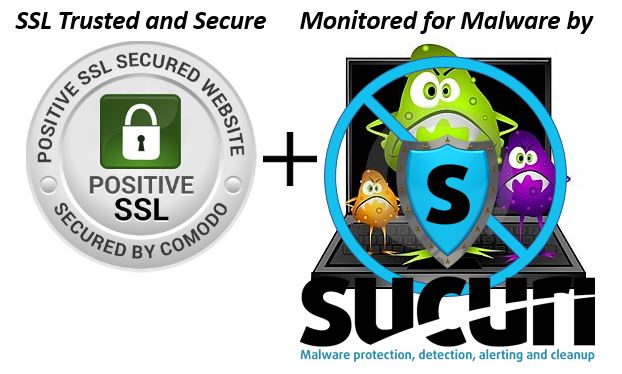
Thank you so much for this news letter. It is so helpful to me. I am 73 yrs. old and love techy things. I learn a lot from your articles.
Hi Lou…
Glad you find the articles useful, and I appreciate the kind comments!
Take care!
John Lortz
Thanks John. So glad I found you at the Senior Health place out on No. 30th St so many years ago. Dorothy Cheek(dec’d 2013) and I enjoyed our small use of computer tech…..mostly e-mails to and from our family.
I only wish I had continued with more pc ed…..
I do enjoy your bits that still come thru.
Happy New Year to you and your wife & son.
Is he getting tuned up for the next baseball season…..or playing basket ball?
Sincerly, Rita Honz
Hi Rita!
Great to hear from you! And glad you find the articles useful.
Jack is all about baseball this time of year. He’s a great basketball player, but decided he’d rather work in the off-season on strength/conditioning for baseball… so that’s the route we took. He (and I) can’t wait for our January indoor practices to start!
Thanks for commenting!
Take care…
John Lortz
Hi, John,
You scare the beejeebers out of me talking about Windows 8 changing before I even get a chance to buy a laptop with 8 on it and learn how to use it. Should I wait?
Sally
Hi Sally…
Sorry to put you in a panic!!! No worries, though… this is just speculation on my part, and even if Microsoft did come out with something new, chances are if they do it THIS soon… you’d get some type of incredible “upgrade” price.
My advice is to go ahead and bite the bullet, and get a new laptop with Windows 8.
Thanks for posting!!!
John
As my depth for the further is no where near yours, I will say windows 9 is not far off, and i do expect quite a change.Still have windows 7, but i messed around with restore and had to install it again. I just can’t seem to leave well enough alone, still have story book 3 although nero 12 is a big thing with me now.
Wishing you all a Happy New Year Your friend Harold
I still have a PC with XP and know about the support issue in April. I’m thinking about either just getting a new tower (my 20″ monitor and wireless Logitech keyboard & mouse are fine) loaded with windows 8 and way more RAM and memory than I currently have or scrapping Microsoft altogether and just going to a 21.5 Mac. If I go with plan A and stay with Microsoft, I see you have a windows 8 class and that you are teaching that with “no hands on” from the Landing’s lab? Is that correct? I’m thinking about taking your classes on this and then making a decision on whether to stay with Microsoft or bail and go over to Apple.
I look forward to hearing from you at your convenience. Happy New Year!